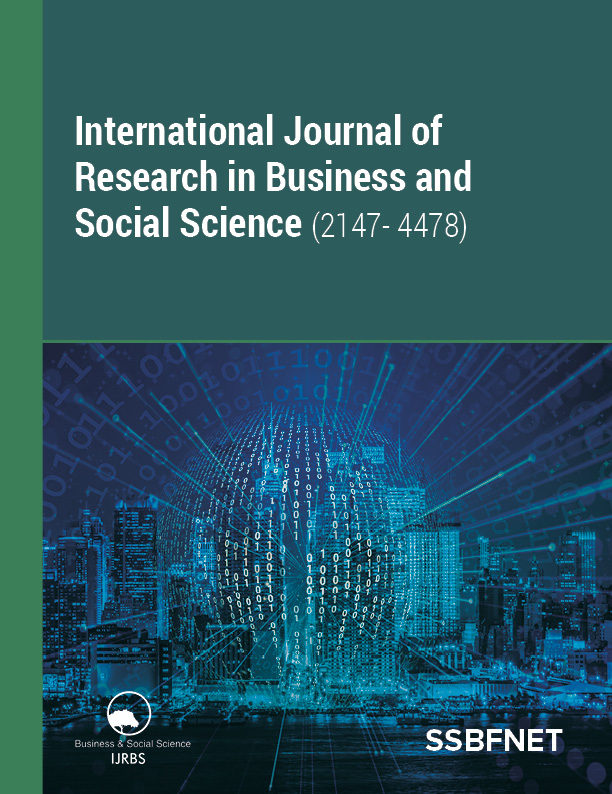
International Journal of Research in Business and Social Science
Yazarlar: Fulya Aydınlı Kulak, Vala Lale Tüzüner
Konular:-
Anahtar Kelimeler:Flexible Working Patterns,Flexibility in Working Life,COVID-19,Pandemic,Germany,Turkey.
Özet: In this study, the extent of flexible working patterns beginning to replace the conventional working models is examined in companies in Turkey and Germany and the extent of flexible working patterns in the two countries is compared. The objectives of the study are to determine the prevalence of these patterns and to find out the similarities and differences regarding flexible working in the two countries. The flexible working patterns focused on in this study are weekend work, shiftwork, overtime work, part-time work, job sharing, flexitime, fixed-term contracts, home-based work, telecommuting, and compressed workweeks. The research, which is designed with the last round database of the CRANET Survey on Comparative Human Resource Management Research, includes the companies in Turkey and Germany of the 35 participating countries (154 companies from Turkey and 278 companies from Germany which makes a total of 432 companies). In the findings section, first of all, the prevalence of each flexible working pattern in the two countries has been presented. Chi-square analysis has been conducted for each of the flexible working patterns to find out if there are any significant differences in the prevalence of these models in the two countries. As a result, it is determined that the extent of the nine flexible working patterns differed in the two countries. This is to say that the prevalence of several flexible working patterns ensuring the work-life balance of the employees is higher in Germany whereas flexible patterns used for economic reasons and do not add value to the work-life balance of the employees are usually prevalent in Turkey. The only similarity between the two countries is the use of home-based work.